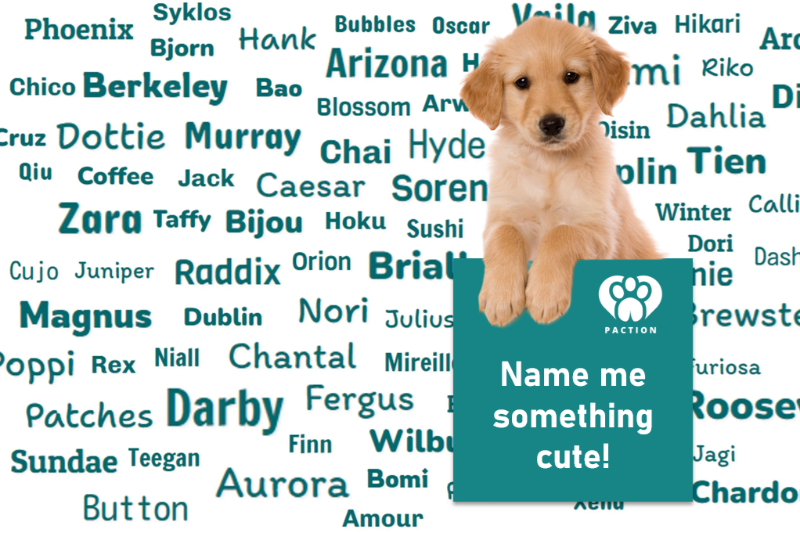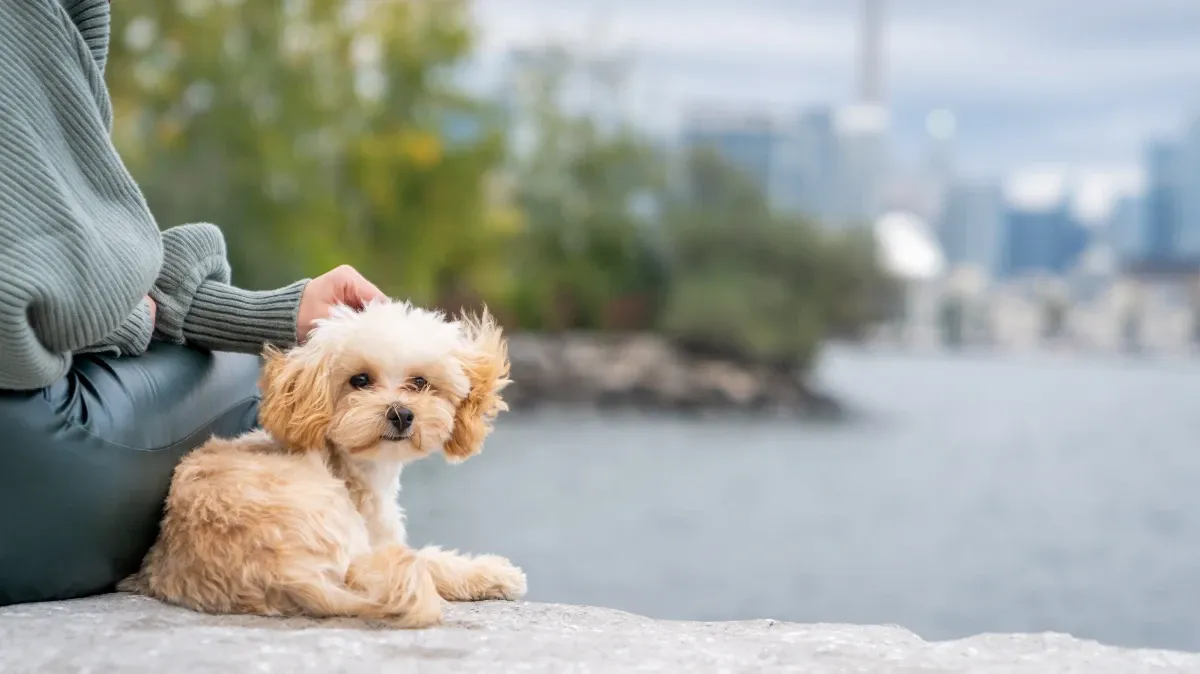Basenji
Find Basenji Breeders Near You
Connect with certified breeders who have Basenji puppies available.
Find Basenji BreedersGet to Know Basenjis
- The “Barkless” Dog: Basenjis don’t bark like most dogs. Instead, they produce a unique yodel-like sound called a “barroo”, thanks to their unusually shaped larynx. This vocalization is both distinctive and charming.
- Fastidious Groomers: Basenjis are famously clean dogs that groom themselves much like cats do. Their short coat stays remarkably odor-free, making them a great choice for people sensitive to “dog smell.”
- Exceptional Speed & Agility: Originally bred for hunting, Basenjis are incredibly fast and agile, able to chase down small game with remarkable precision and stamina.
- Ancient Roots: Basenjis are one of the oldest dog breeds known to man, with depictions found in ancient Egyptian artifacts dating back over 5,000 years.
- Highly Intelligent but Independent: Basenjis are smart and curious, but they also have a strong independent streak, which can make training a challenge. They respond best to patient, consistent, and positive methods.
Breed History
The Basenji is an ancient and distinctive dog breed that traces its origins back thousands of years to central Africa, particularly in regions now known as the Congo. Often referred to as the “barkless dog,” the Basenji was traditionally used by African tribes for hunting small game due to its keen eyesight, speed, and unique yodel-like vocalization known as a “barroo.” Unlike many modern breeds, the Basenji’s development was largely shaped by natural selection rather than formal breeding programs, resulting in a hardy, intelligent, and independent dog perfectly adapted to the tropical climate and terrain. Introduced to the Western world in the early 20th century, the Basenji has since gained recognition for its unusual traits, graceful appearance, and strong hunting instincts.
Personality and Behaviour
- Quiet but Expressive: Known as the “barkless dog,” the Basenji rarely vocalizes in the typical way. Instead, they communicate through yodels, howls, and expressive body language. While they’re usually quiet, they’re far from emotionless—Basenjis are alert, expressive, and always tuned in to their surroundings.
- Independent & Intelligent: Basenjis are incredibly smart dogs with a strong sense of independence. Unlike more eager-to-please breeds, they prefer to think for themselves, which can make training both a challenge and an adventure. They’re clever problem-solvers and often figure out how to get what they want—sometimes in ways their humans didn’t expect!
- Energetic & Curious: With roots as hunting dogs, Basenjis are naturally energetic and driven by curiosity. They love to explore, chase, and investigate anything that moves. Without enough physical and mental stimulation, they can become bored—and boredom in a Basenji often leads to creative (and sometimes destructive) mischief.
Care
- Exercise: Basenjis are energetic and athletic dogs that need daily physical activity to stay healthy and happy. A mix of walks, playtime, and off-leash running in secure areas works best. Without regular exercise, they can become restless and destructive.
- Training: Training a Basenji requires patience, consistency, and creativity. They’re intelligent but highly independent, so short, engaging sessions with positive reinforcement are most effective. Early socialization is key to preventing stubborn or aloof behavior.
- Grooming: Basenjis have very low grooming needs thanks to their short, fine coat and natural cleanliness. A quick weekly brushing is usually enough. They rarely have a “doggy odor” and often clean themselves like cats, making them one of the most low-maintenance breeds in terms of grooming.
Basenji Summary
What to ask your breeder?
Here's a short summary of what you should be asking your breeder:
Basenji Health Testing
| Screening | Considerations |
|---|---|
| Hip Dysplasia | One of the following: OFA Evaluation - minimum age 24 months PennHIP Evaluation - minimum age 4 months |
| Autoimmune thyroiditis | Autoimmune Thyroditis Evaluation from an approved Lab. Results registered with OFA. |
| ACVO Eye Exam | Eye Examination each year until 6, thereafter every 2 years |
| Fanconi syndrome | DNA-based test from an approved laboratory; results registered with the OFA. |
| Basenji Night Blindness / PRA DNA Test | DNA based test from an approved laboratory - results registered with the OFA |
How Much Does It Cost to Own a Basenji Per Year?
Determining the cost of owning a Basenji is essential for responsible dog ownership. Use our calculator to estimate expenses, including food, grooming, veterinary care, and more.
The Ultimate Dog Cost Calculator
 Calculate Now
Calculate NowFrequently Asked Questions About Basenji
When you talk to a breeder, you're not just asking “do you have available Basenji puppies?” You're looking for a match in the process of rehoming a dog. As a prospective dog owner, you are assessing how predictable the dog's health, temperament, and long-term welfare will be and whether the breeder's practices reduce avoidable risk.
You should engage in a conversation about the following topics:
- Which health tests and genetic screening do you do specifically for Basenji, and can I see the results?
- What do you do if a puppy develops a serious genetic condition? What contract, policies and support do you offer as a breeder?
- How are puppies raised from birth to 8+ weeks? Ask about socialization, philosophies on early neurological development, handling, and exposure.
The real cost of a dog isn't just the puppy price. After year one, the cost of a dog includes the predictable annual costs + the unpredictable “risk costs.” Your goal is to make the cost legible before you commit, as one of the top causes of surrendering a dog is not being able to afford the dog in later years.
To help you assess these costs, Paction has created the Ultimate Cost Calculator. You can also read an article written by a Paction breeder on why a prospective dog owner should focus on the ongoing costs of dog ownership and not “how much” the puppy costs.
Every dog breed has certain health issues that tend to occur more often, but what matters most is how predictable and preventable those risks are. For many breeds, common concerns include inherited conditions (such as orthopedic, eye, or cardiac issues) as well as lifestyle-related challenges like weight management, dental health, skin or ear problems, and anxiety.
Responsible breeders help reduce inherited risk through appropriate health testing, careful selection of breeding pairs, and transparency about family history. To understand more about responsible breeding programs that prioritize health and genetic screening of breeding pairs, check out Making Science Simple: Canine Genetics for Puppy Shoppers.
As an owner, you play an equally important role. Consistent preventive veterinary care, proper exercise and enrichment, healthy nutrition, and early screening can significantly improve long-term health outcomes.
Whether a Basenji is right for you depends less on the breed itself and more on how well its typical energy level, temperament, and care needs align with your daily life. Important factors include your schedule and activity level, living environment, household dynamics (such as children, other pets, or allergies), and tolerance for noise or independence. Long-term fit also comes down to maintenance like grooming, training needs, and how often you travel or rely on outside dog care.
Use Paction's Dog Breed Matchmaker and Pup Time Estimator to find out more about what dog is right for you.


